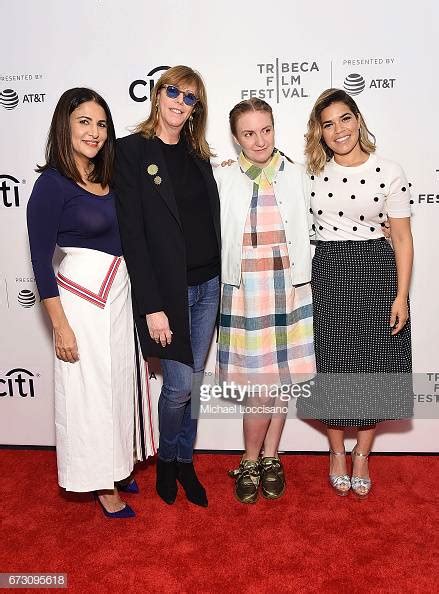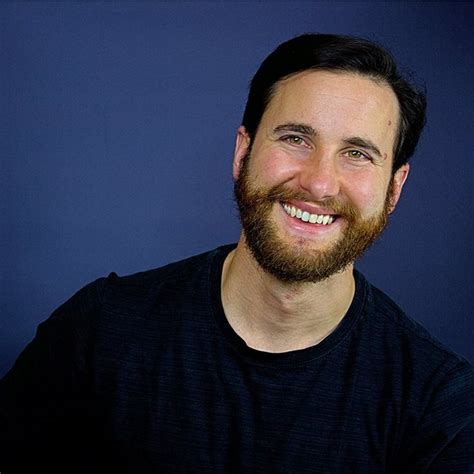A Quote by Zooey Deschanel
If you can make a character likable that's not very nice, that's the challenge of the job.
Related Quotes
I'm very fortunate that I get asked to do very different kinds of roles and I realize how much I enjoy that. I enjoy the challenge of transformation. There are actors who play one character, or a certain kind of character, the whole of their lives. I really relish the opportunity to have the challenge to totally transform.
It's very fashionable to talk about human trafficking, in this fantastic A-C hall. It's very nice for discussion, discourse, making films and everything. But it is not nice to bring them to our homes. It's not nice to give them employment in our factories, our companies. It's not nice for our children to study with their children. There it ends. That's my biggest challenge.
One of my jobs as an actor, regardless of who I play - even if I'm playing a despicable character - is to make people think that that character could exist, that he's real, and the way to do that is to make him believable. He doesn't have to be likable or charming, but he just has to be believable. That is someone who I could see on a bus. That is someone who I could walk past in the street.




































